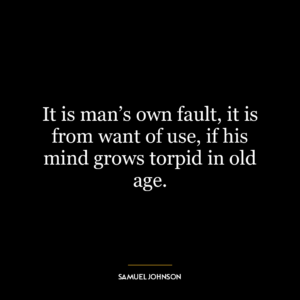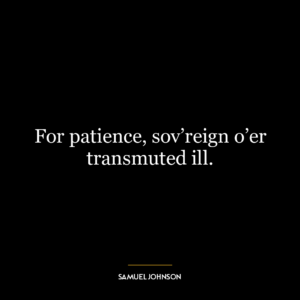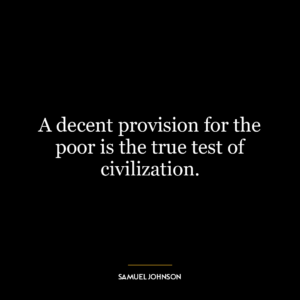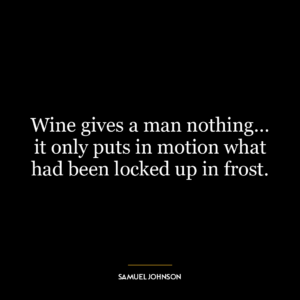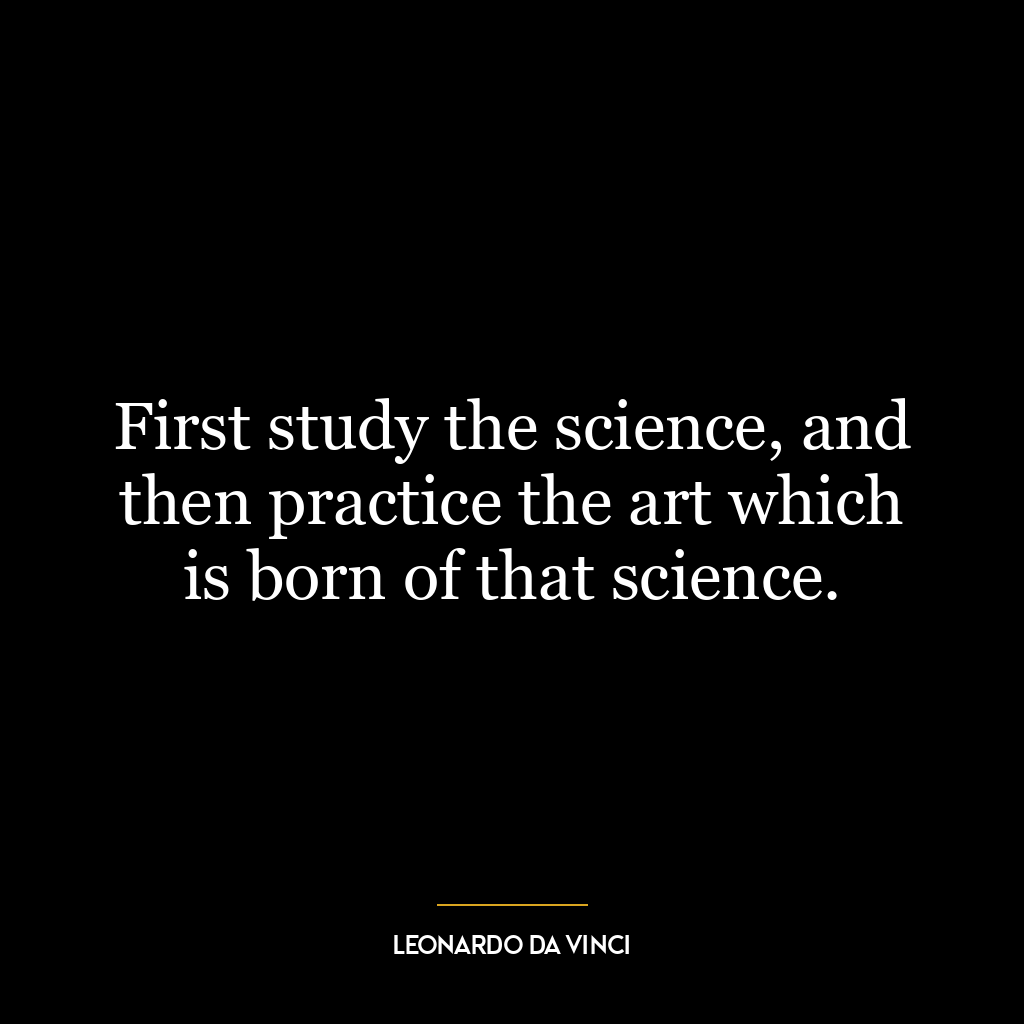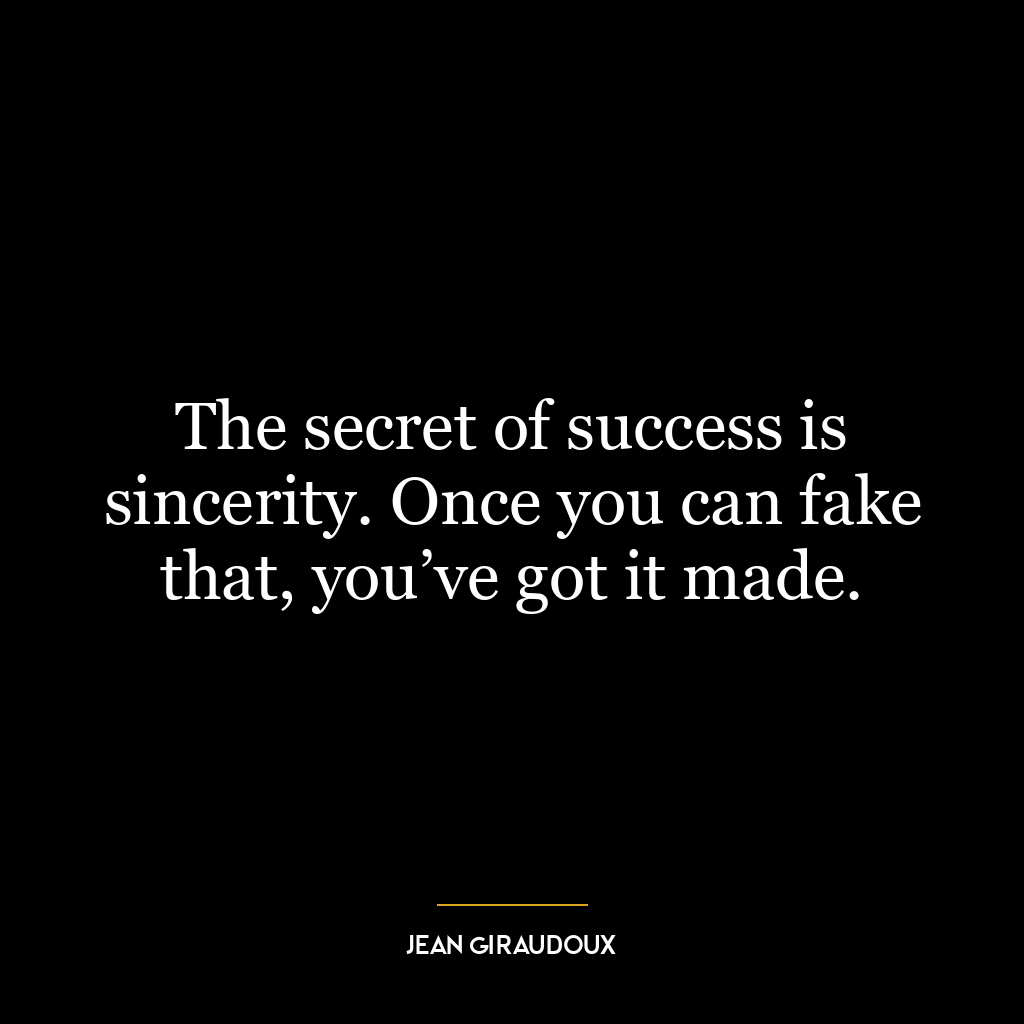This quote suggests that a person can genuinely believe in good principles and values, but may not necessarily put them into action. It’s the difference between knowing what is right and actually doing what is right. This concept underscores the distinction between theory and practice, or between idealism and realism.
For example, one might strongly believe in honesty as a principle but may sometimes find themselves lying to avoid uncomfortable situations. They are sincere in their principle of honesty, yet their practice does not always align with it.
In terms of personal development, this idea teaches us about self-awareness and integrity. It encourages us to examine our actions against our beliefs. If we find discrepancies, we should strive for consistency by either changing our behaviour to match our principles or revising our principles if they’re unrealistic or unachievable.
In today’s world, this quote could be applied to many societal issues like climate change or social justice where there is often a gap between people’s professed beliefs and their actions. For instance, someone might advocate for environmental sustainability but continues to engage in non-eco-friendly practices such as excessive use of plastic or unnecessary travel by air.
Samuel Johnson’s quote calls attention to the human tendency towards inconsistency between belief and action while emphasizing the importance of aligning one’s practices with one’s principles for genuine personal growth and societal progress.





